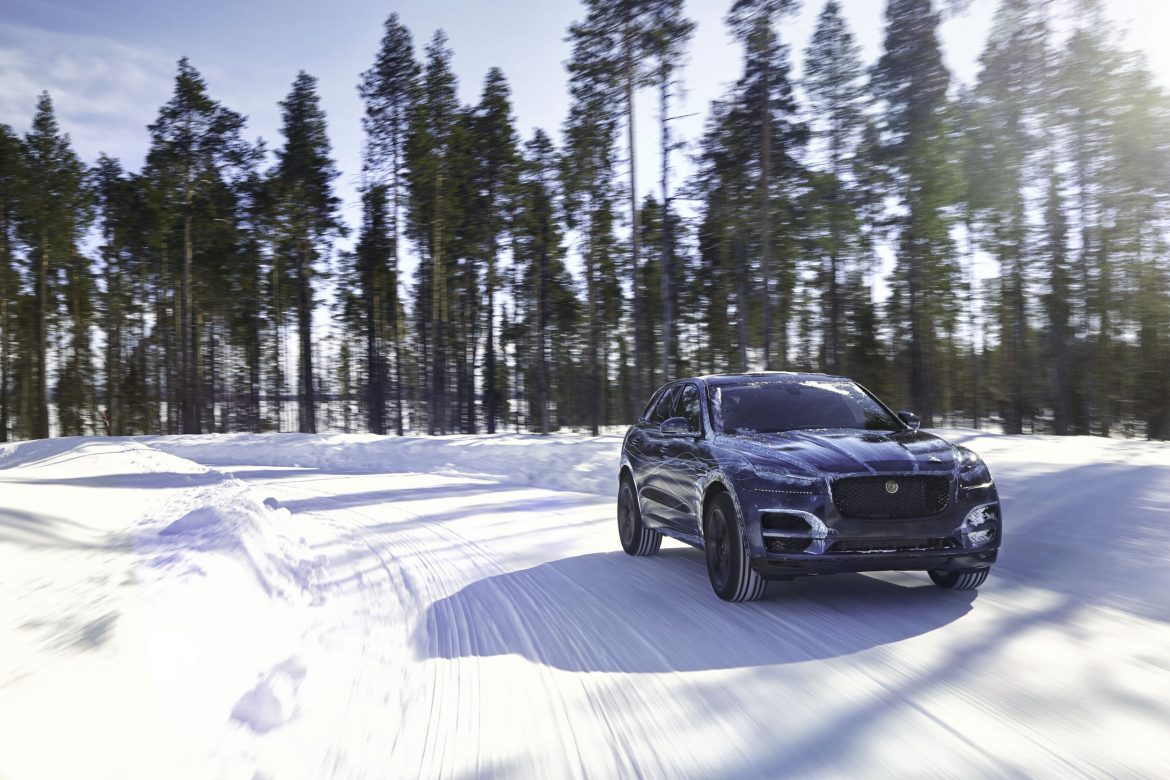Winter roads can be dangerous and often the most common season to have an incident. Icy conditions or low visibility can be stressful and demanding. Although most of us do not want to drive in such dangerous conditions, it is often necessary for work or life commitments.
If you have to drive during the winter, here are the best tips for staying safe on the road, even during extreme conditions.
DRIVE SLOW
Driving slow seems obvious, but not enough people do it. It is one of the most common causes of car accidents, especially during wet, icy, and foggy conditions. Although there are set speed limits, which should be respected at all times, it is safer to drive slower than usual during winter months.
Even if your car is causing a bit of congestion, you would rather than that cause or be the victim of an accident. The most crucial part of the road to drive slowly during the colder and wetter months is sharp corners. Visibility can be low, and the roads may be slippery, so slow movement will cause the least impact and danger.
LEARN TO SKID
If you encounter an icy road, there is a high chance that your car may slip and skid. Practicing how to handle your car during these conditions will help you skid smart.
Instead of losing control of your car, you will be able to manage it and hopefully prevent an accident. Let’s say you are pulling out on a junction and your back wheels unexpectedly skid on the ice; if you know how to control the steering wheel, there will less likely be a crash or cause damage to your car.
BE PATIENT
If you are walking home after work and slip over while crossing the road, it is definitely a sign you shouldn’t drive that night. Even if you have a dinner event to attend, driving in icy conditions is not worth the risk. Wait until the conditions improve to drive your car.
Likewise, be patient if you are out driving your car in the snow. Wait for cars to pass you slowly, reduce your speed, and maneuver your car safely.
CHECK THE BATTERY
The battery in your car may reduce its capacity during colder months. Simple checks of the cables and battery fluid can be a simple way of inhibiting your car from stalling or breaking down on the road in freezing conditions.
Cold weather slows everything down, especially the chemical reaction happening inside your car battery. It can reduce its strength and result in unexpected incidents.
BE PREPARED
Practicing driving winter in the as if you are getting ready to go out on a snow walk. You need to prepare all of the essentials to reduce the risk of accidents and also have emergency items in case an incident does occur.
Before heading out onto the roads, check over your car, remove any ice from the windows and mirrors, and warm up the engine. These initial checks will enhance the reliability of your car in cold conditions.
Then, you should prepare a winter road kit. This will home all of the essentials you might need in case of emergency. You will need:
- Plastic storage tub: to keep your essentials safe, together, and dry in readiness for an emergency.
- Headlamp: for getting out of your car in dark conditions.
- Tire chains: having the right tire chains on for extreme winter conditions will increase the amount of grip that tires have on the roads when they are icy or covered in snow. A spare chain will also be handy in case it ruptures or breaks.
- Reflective gear: a fluorescent safety vest so oncoming vehicles can see you if you are out of your car. Orange triangles are also essential for warning oncoming cars there has been an accident.
- Windshield ice scraper: to remove any ice when you are out with your car.
- Waterproof clothes: a waterproof jacket or pants will be useful if you need to get out and fix your car in extreme conditions.
- A small cushion: a cushion can be useful if you need to sit outside your car or need support for your knees if you need to replace the tire chain or check under the car.
- Gloves and hat: water-resistant gloves and hat will keep you warm and be useful if you need to be outside and repair your car.
- Water and snacks: if you are stuck out for a long time waiting for help, something to tide you over may be necessary. You never know how long the repair time might be, especially if the extreme conditions are affecting them.
CHECK YOUR TIRES
When getting your car ready for winter, be sure to inspect your tires for tread wear and rotate them during every oil change.
It is also essential to check the tire air pressure. Low air pressure in your tires can be potentially dangerous on winter roads. Take your car to a mechanic to check your tire pressure and fill your tires if necessary. If you have prior knowledge of checking tire pressure, you can easily do it yourself at a free tire air pump found at your local gas station or car shop.
Be cautious, patient, and respectful when driving in winter conditions. Your car should be under your control at all times and checked over regularly to ensure it is safe for snowy and wet conditions.
Photo Credit: Jaguar


